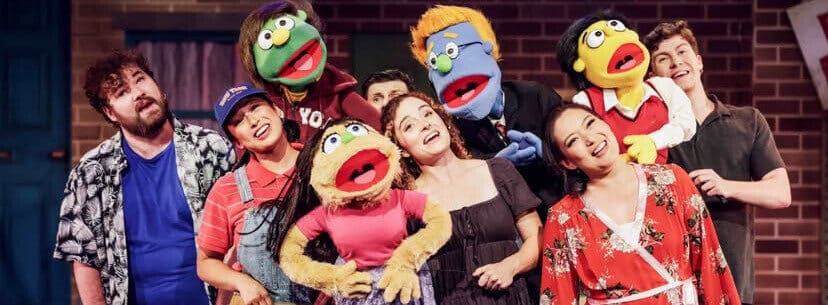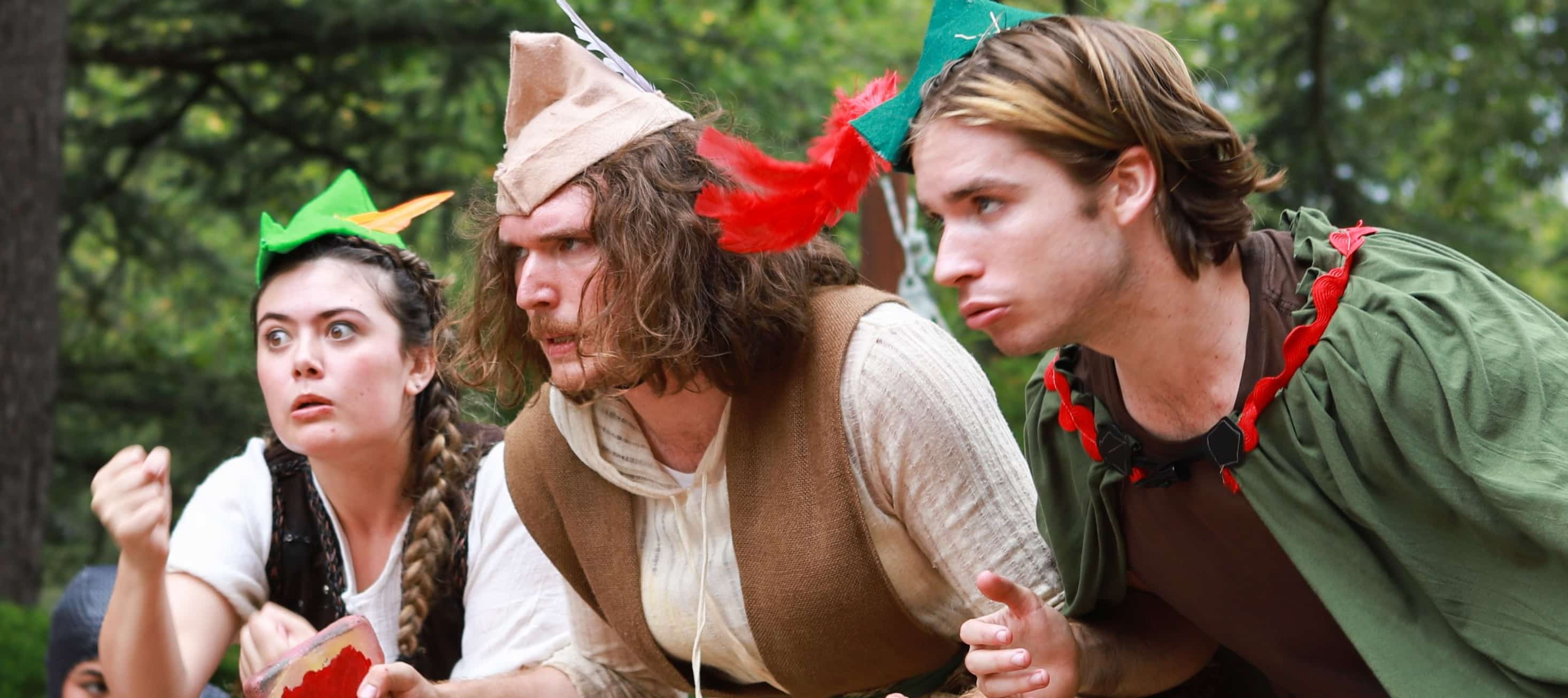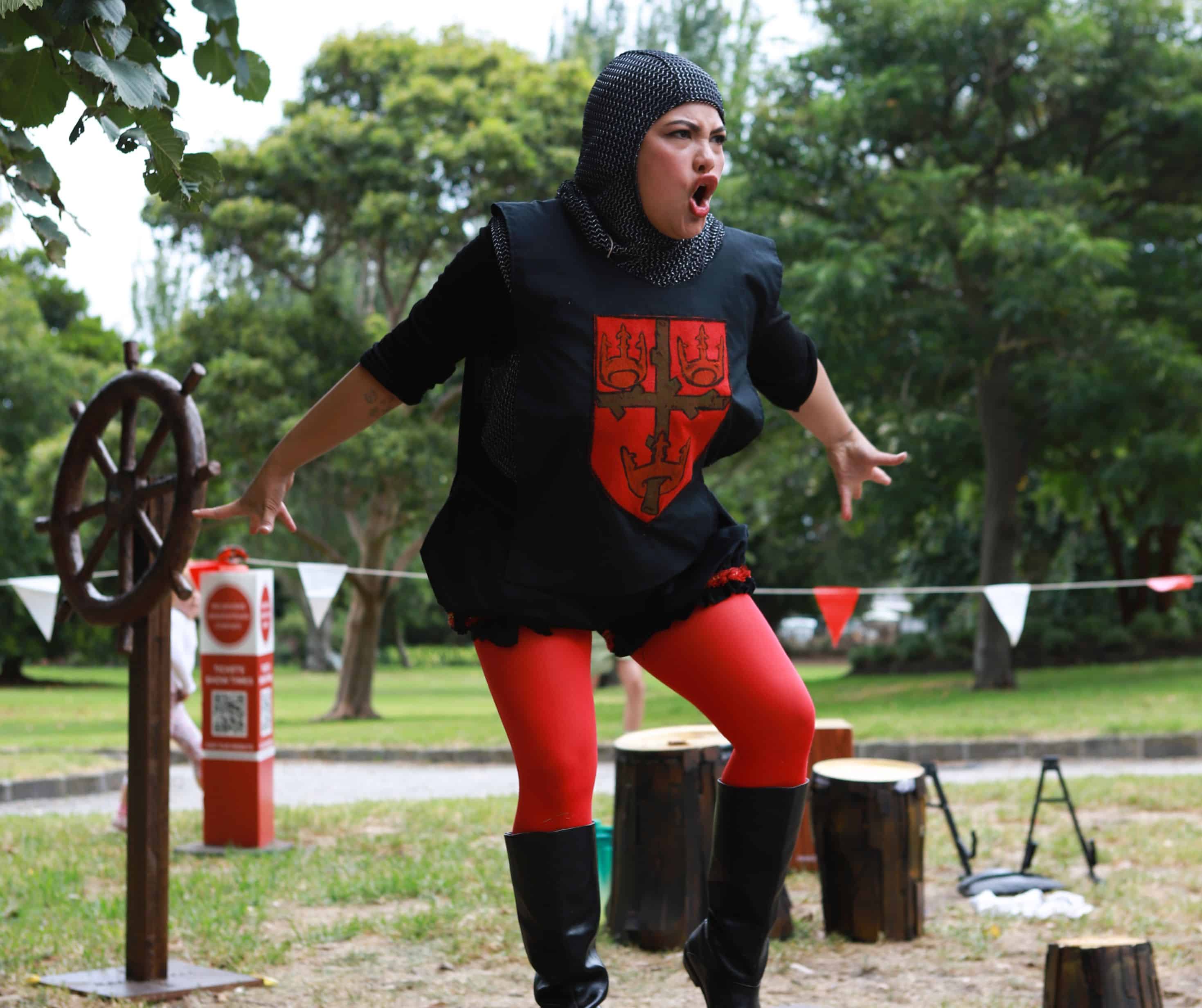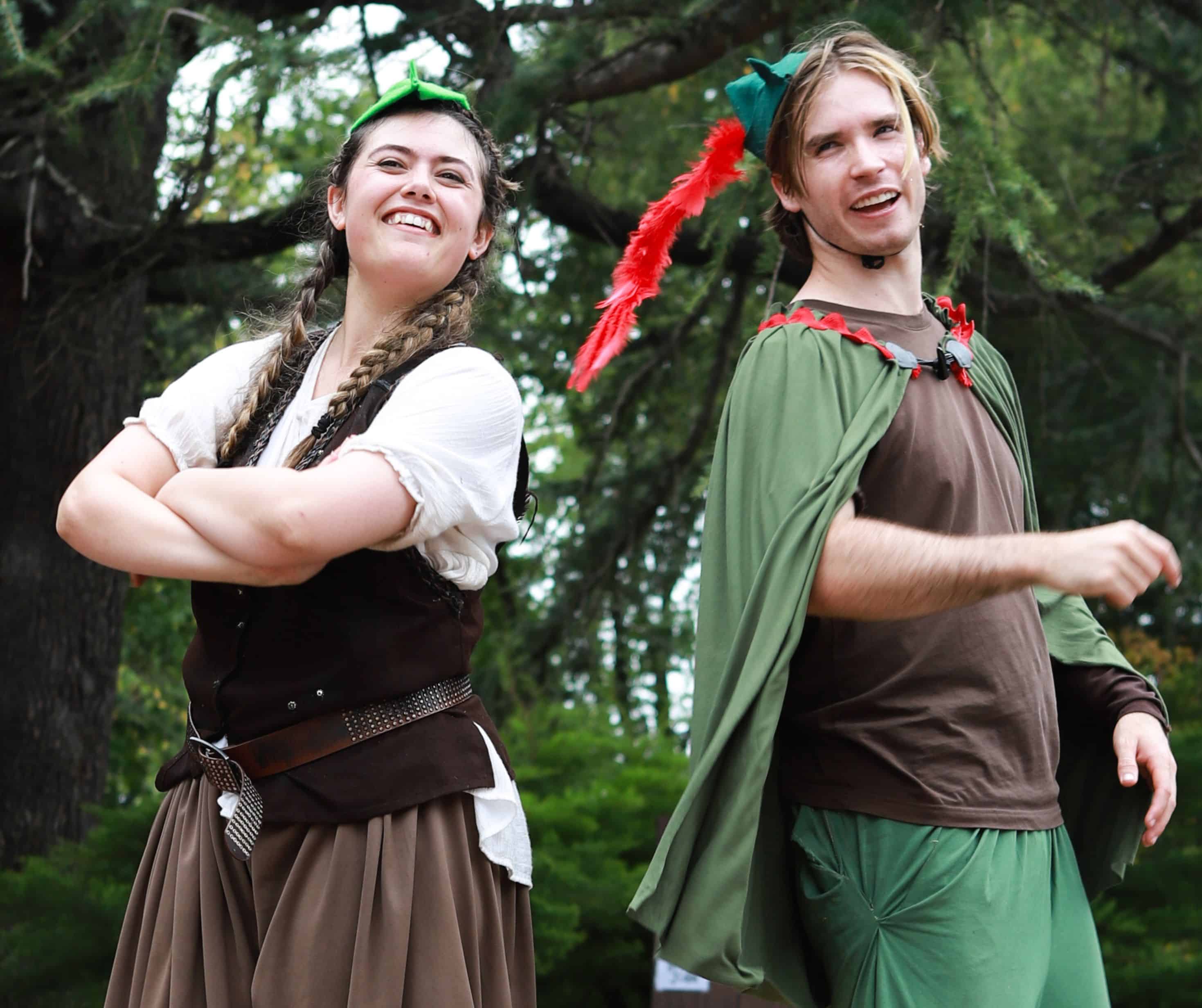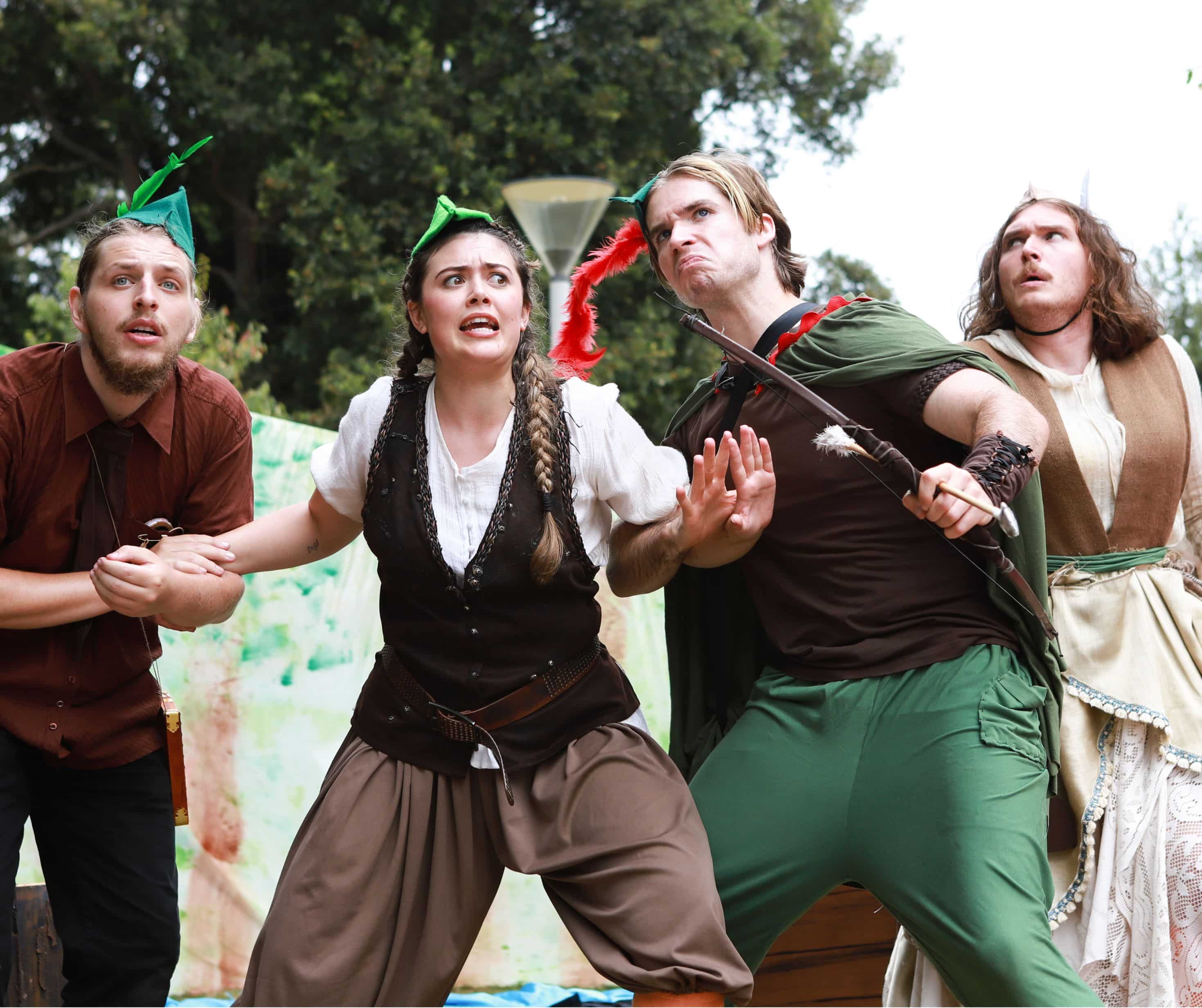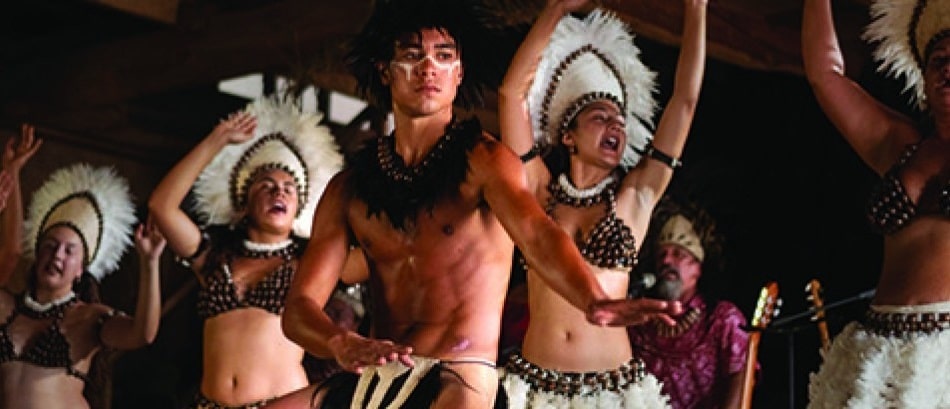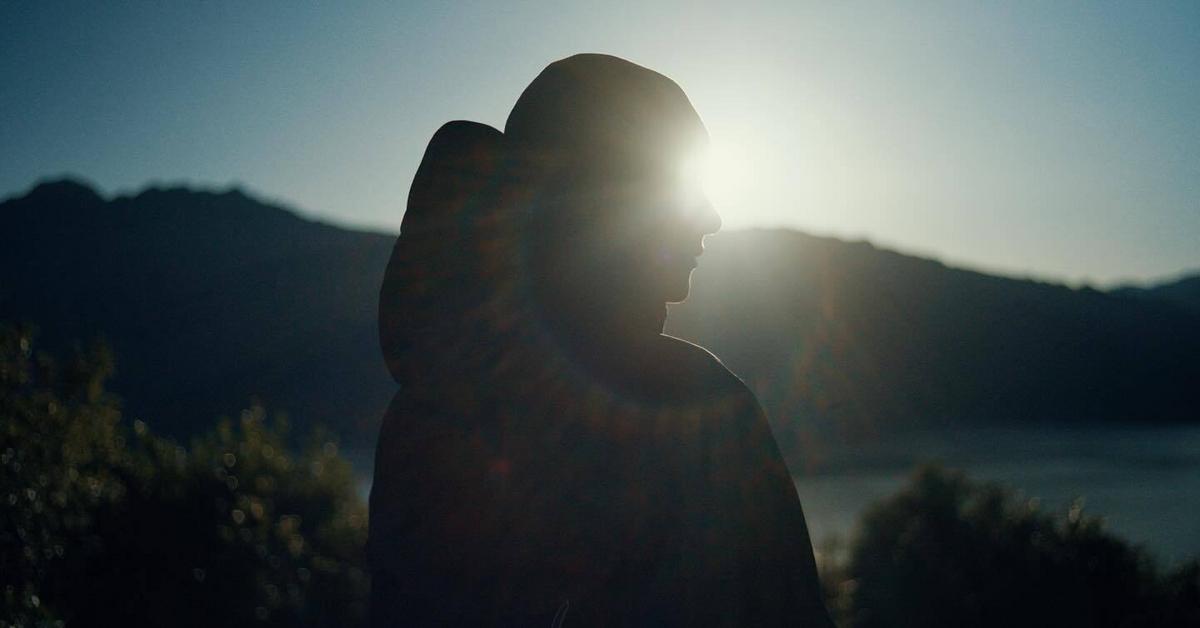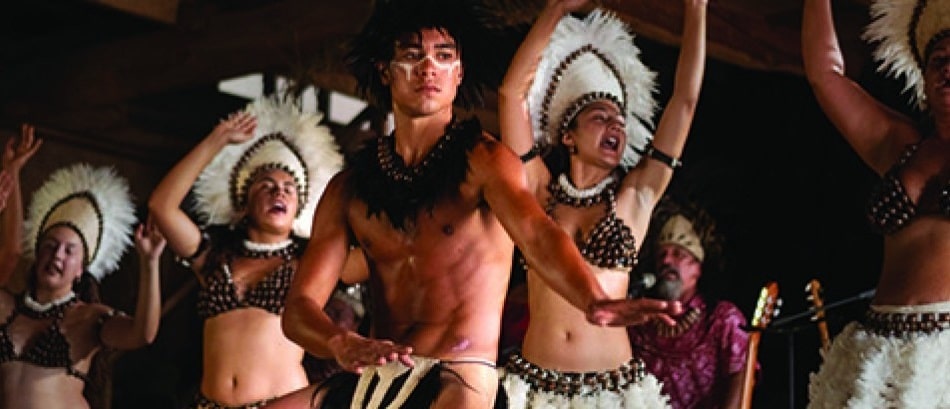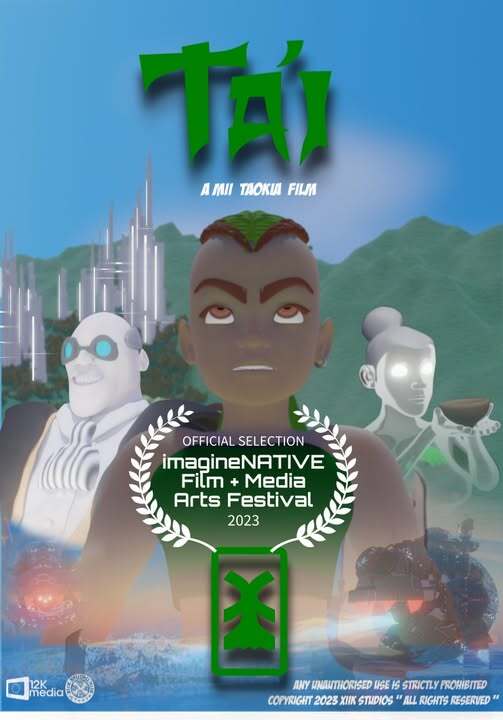Avenue Q – Hmmm …?? Ummm…?? Grab your…. Ahhh…
Lots of prior guessing what this show would give to an 18+ adults-only with ‘puppets behaving badly’ …. I had never seen it before nor heard of it, yet in Broadway history it beat out Wicked, how was that possible? This is puppets looking similar to those you’d see on Sesame Street! Mind you, they definitely don’t have the same vocabulary.
Get ready to LAUGH!!! I’m not actually a huge fan of explicit content and sexual innuendos in shows, hence a lot of stand-up comedy nowdays doesn’t entice me, but this was a musical, so I couldn’t possibly not go. I got good seats and took my hubby (driving in he asked me what it was and when I said from the information I had it was like an adult version of Muppets, I think he stopped far longer at the red light than needed, hmmm….).
There’s no hiding explicit content and sexual innuendos in Avenue Q, they are in nearly every scene, but as its expressed from puppets I thought it was very FUNNY and even more CLEVER!
Something I’d never think we would hear about in a musical was open loud reference to ‘porn’. With a whole comical song on the topic, the audience were in stitches and the guys sitting in front of us were almost rolling out of their seats. You’ll have to go experience that part as I don’t want to conjure up anything not quite accurate here – I was also laughing so much at the huge porn-loving puppet I probably lacked concentration whilst watching. I don’t know how the actors on stage with him practiced at rehearsals, but I’ll bet it was nothing like anything they’d done before.
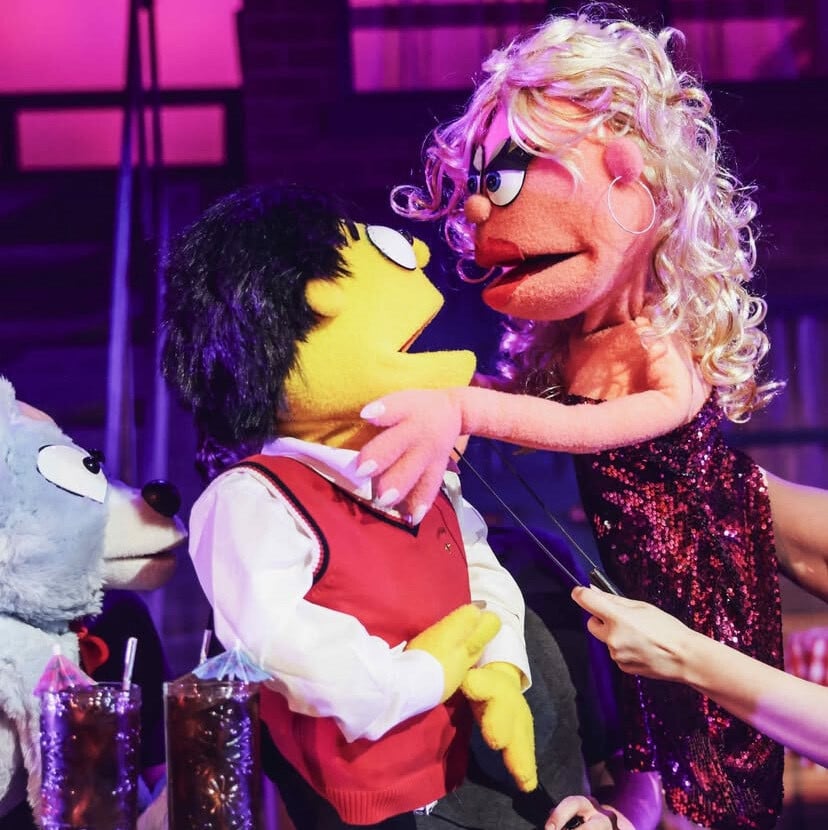
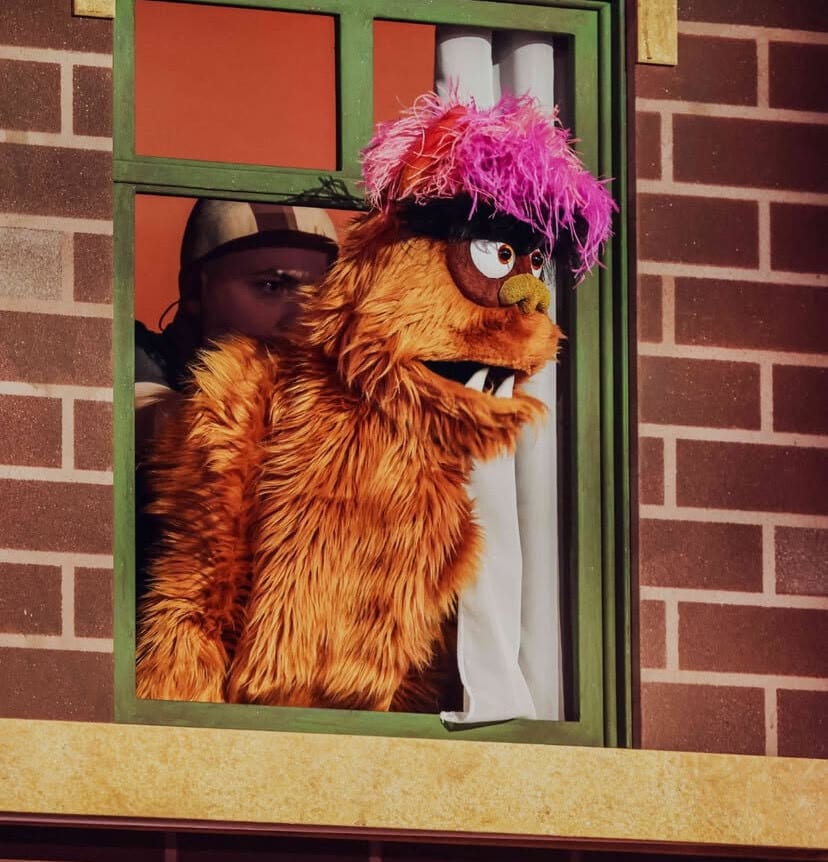
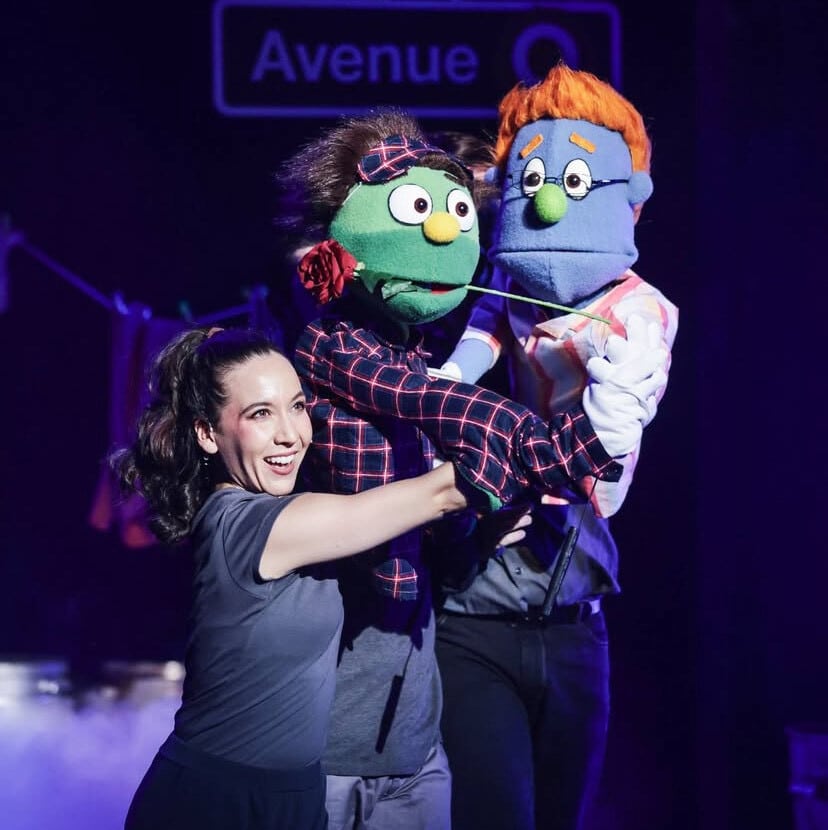
Talented and adaptable is an understatement of this cast. To be able to hold a puppet and portray a character isn’t something I imagine many performers could pull off with the kind of confidence and interaction they do, but especially to sing and move in conjunction with another actor holding the adjoining arm of the same puppet; their timing was spot on!
There are non-puppet characters too – a hoot is “Gary Coleman” in a parody of the real-life child star with the same name; he’s the ‘maintenance man’ of the apartments on Avenue Q where hopefuls, lovers and friends live their ordinary lives in New York city. Having grown up with that child star on my TV, his lines made perfect sense to me for a bit of a giggle.
‘Sucks To Be Me’ was my favourite scene, because everyone thinks that of themselves at some time in their lives, but let’s be honest, there’s always someone worse off than you are. The show has many messages of a similar tongue-in-cheek nature, however the underlying theme is a timeless story of not giving up hope (that’s like Sesame Street HAHA).
Funnily, you may want to close your eyes or look away occasionally or you might find yourself staring jaw-dropped at the stage figuring it all out. It’s a sexy romp of puppetry at times and just super cool fun at others, songs with catchy tunes and notes with punch – a sing out to Cassie Ogle playing vixen ‘Lucy’, what a voice!
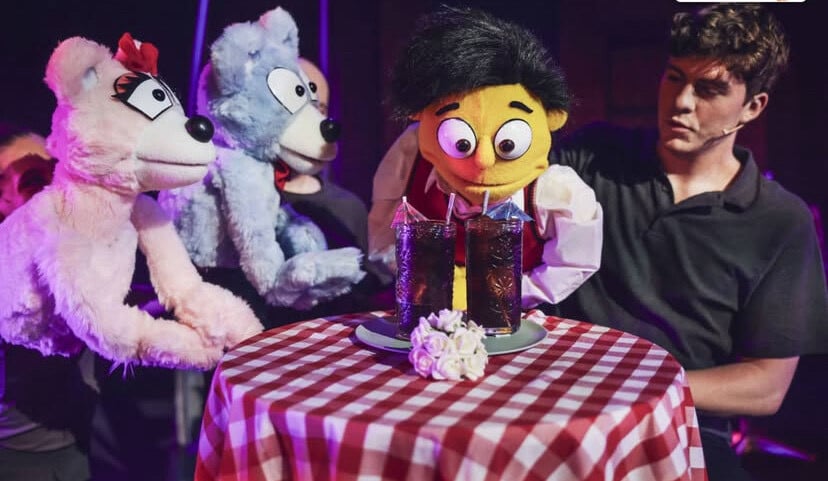
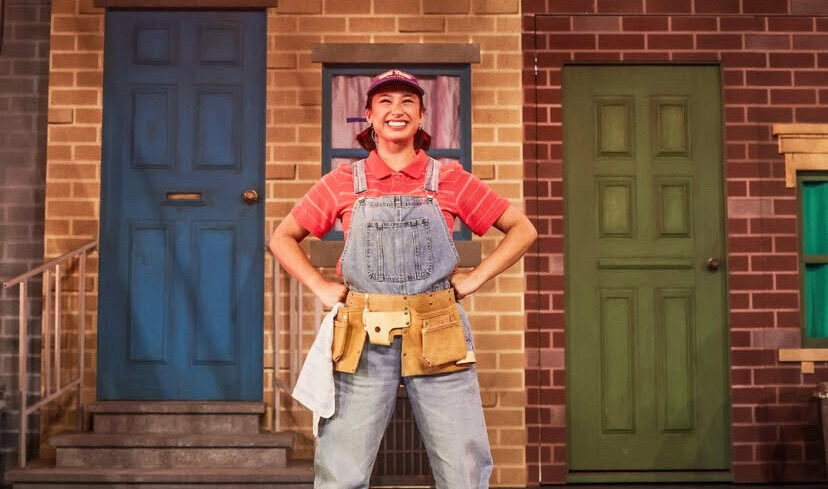
If you are thinking that you don’t like the sound of possibly ‘sex obsessed’ puppets on stage, it’s really not too over the top (Avenue Q is from the 2000s and we didn’t do overly confronting back then). You could go with your mother-in-law, but a group of friends would absolutely have one hilarious night out to remember.
Another thing about ‘AG Theatre’ productions that stands out for me is the atmosphere they create in the foyer pre and post show. You can take photos on their backdrop board (with the puppets) and pin those all over your social media to puzzle your friends not lucky enough to go along.
Avenue Q is a must-see, and if you’re into going out in theme, wear your wigs and puppet ears (you won’t the only one). The show has just been extended to play at the National Theatre in St Kilda until 22 March 2025. Tickets via https://agtheatre.com.au/avenueq/
This was one comedy I loved, thank you for a very fun night.
Congratulations everyone!
CAST:
Princeton: Harley Dasey
Kate Monster: Zoe Crisp
Nicky & Trekkie: Andrew McDougall
Rod: Jonathon Shilling
Lucy & Mrs T: Cassie Ogle
Bad Idea Bear & Puppeteer: Perri Espinoza
Bad Idea Bear: Darcy Harriss
Brian: Matthew Tomlin
Xmas Eve: Chiew-Jin Khut
Gary Coleman: Stephanie Lacerna
Swings: Liimei Lim, Jake Lonergan
Production Team:
Executive Producer: Andrew Gyopar
Director: Pip Mushin
Music Director: Alexandra Byrne
Choreographer & Assistant Director: Adriana Pannuzzo
Production Design: Abbey Stanway
Costume Design: Karen Spencer
Puppet Design & Creation: Andrew McDougall
Graphic Design: Jett Archer
AVENUE Q
Music & Lyrics by Jeff Marx & Robert Lopez
Book by Jeff Whitty
Licensed exclusively by Music Theatre International (Australasia)
Photo credits: @agtheatreproductions
